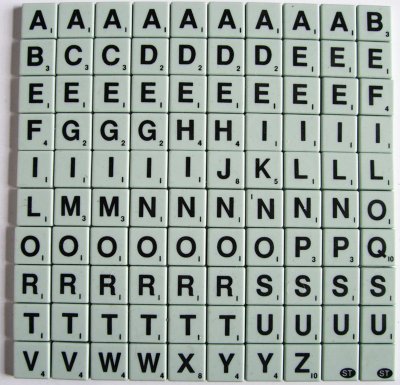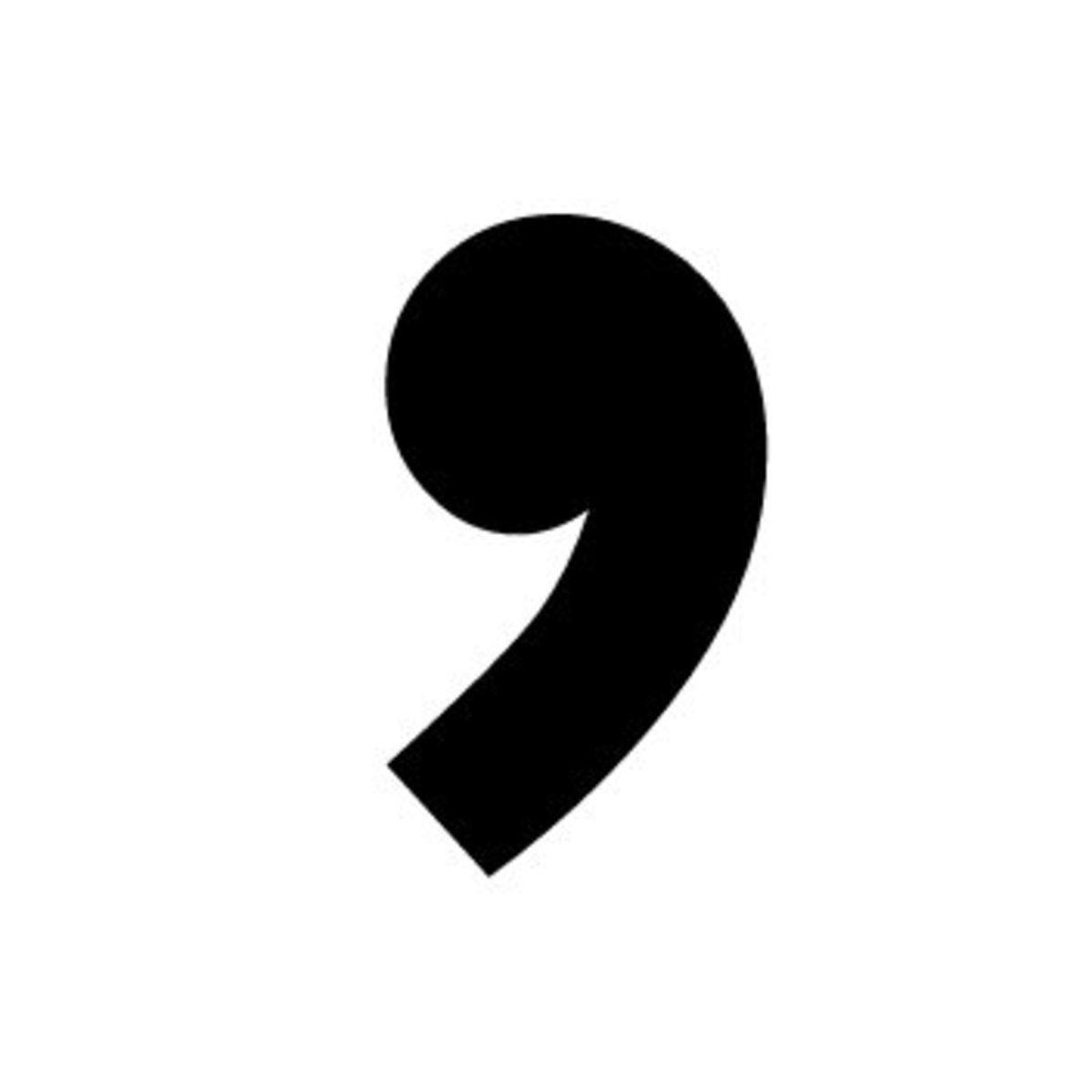How to Write Well - Quick Tips for Avoiding Those Frequently Misused Words

I have just finished reading several hubs and other online articles that had great information. They were almost well-written.
However, the reading experience for me was diminished, because the authors didn't know how to spell and did not properly proof their work.
I find it annoying to begin reading an interesting article, only to find that the writer didn't spell check or spend any time proofing.
People who don't take the time to proof their own work should not expect to make an income writing, or to gather any online credibility. By publishing work that isn't polished, they are actively damaging their own possibilities.
Using the writing tools normally found in word processing applications to check spelling and grammar, and proofing for readability before publishing are as essential as the writing is.
After you think your piece is complete, there is more work to do.
Proof your work several times, after you've made sure that your writing says what you want it to say.
- Spell check it - make sure that it has no typos that spellchecker can catch.
- If you're not sure about your grammar, most spellcheckers can assist you with grammar checking, if the "check grammar" option is also turned on.
- Set your article aside for at least a few hours, and read it again for additional mistakes.
- As Sinea Pies says, read your work aloud. That can not only locate errors, but it helps to make sure that the writing flows well.
- Before you click the "publish" button, proof your copy by using the "preview" option to check for both mistakes and formatting problems.
- After you've published your article, proof the final copy before you walk away from it.
After noticing some common mistakes in word usage, I've listed examples below of the correct way to use certain words. I haven't given complete instances of when the words below are used, but rather the most common usage.
The most common mistake by far is misuse of the word "your" when "you're" should be used. "Your" is a possessive pronoun. "You're" is a contraction of two words, a pronoun and a verb.
Your = the possessive case of the pronoun "you". If a thing belongs to you, it's your thing.
Example: Your jacket is beautiful.
NOT Your going to the beach tomorrow.
You're = you are
Example: You're going to the beach tomorrow.
In other words, "You are going to the beach tomorrow."
Some advice from other hubbers about writing
- The Most Complete List of the Most Commonly Misused ...
A comprehensive list of the most commonly misused words in the English language - Some of The Most Common Misused Words
Whether you are an article writer, or writing an essay for school, here are some of the most commonly misused words. Learn which word to use, which are commonly misspelled, and how they are used in a sentence. - 10 Commonly Misused Words - Verb Usage and More Gram...
This grammar geek hates to hear language used incorrectly. Here are ten commonly misused verbs and other words that I hear on a daily basis. It's my hope that I can teach somebody something that they will use. - Most Commonly Misused Words in the English Language
Are you using or misusing your English words. Find out by going through this list of 13 most commonly misused English words. You may well be misusing these words!! - How to Improve Writing Skills with Word Games
Tips for improving writing skills by using word games and writing exercises, provided by a retired writing and literature teacher. - Improve Writing Skills with Connotation: Verbs and A...
Tips for using verbs and adjectives with connotation to improve your writing skills, with examples. Written by a retired writing/literature teacher. - How to Write Well and Keep Your Readers Interested
A guide on writing clearly by avoiding too many

And there are more...
Another frequent misuse of words shows some confusion about when to use "their", "they're" and "there".
The words "there" and "their" seem to be used randomly as substitutes for each other, and "they're" is left out in the cold.
There = in that place or at that point
Example: There is a car in the parking lot.
Another example: He was reading, but he stopped there, before the story was finished.
They're = they are. "They're" is a contraction of two words.
Example: They're ready to go. NOT Their ready to go. Also, NOT There ready to go.
Their = a thing or trait belonging to them
Example: Their house was close to mine.
Another example: Their attitudes were excellent.
Some people also think that "an" and "and" are interchangeable.
An = indicates a single item that begins with a vowel sound.
Example: An elephant crossed my path.
And = a word that joins two items or concepts.
Example: Dogs and cats are both family pets.
Some writers also think that "who's" is the possessive case of "who". It isn't. "Whose" is the possessive case of "who".
who's = who is This is a contraction of two words.
Example: Who's going to the show?
whose = the possessive case of who.
Example: Whose elbow did I bump?
There also seems to be doubt about when to use "It's" and when to use "Its".
It's = it is This is a contraction of two words.
Example: It's getting late. (It is getting late.)
its = the possessive case of "it"
Example: Its long tail was fluffy.
Notice that when you're looking at a pronoun, there are no apostrophes when it's possessive. my house, your house, his house, her house, its house, our house, their house, whose house
If you are using a contraction, "you are", is "you're". The contraction for "they are" is "they're". The apostrophe exists to represent the combining of two words by eliminating the space between them and a letter. So "they are" loses the space between the two words and the first letter of the second word, and becomes "they're". "You are" loses the space and the first letter in "are", and becomes "you're".
Another point of confusion is when to use "than" or "then". The simplest way to choose between the two is to think of "than" in terms of comparison and contrast, and "then" in terms of time or sequence.
Use "than" when you want to compare things.
Example: This is larger than that.
Another example: The coffee pot was hotter than I thought it would be.
Use "then" when you want to continue with the next thought in line.
Example: I sat on the beach. Then I got up and walked farther down to the pier.
Or if you want to indicate a point in time.
Example: It will be quieter this afternoon. I thought I'd do it then.
If you're unsure of how to use a word, you can check for proper word usage by typing the word in Google, preceded or followed by the word "definition" or "grammar".
Some great websites for help with grammar and spelling are listed below. They're both good at sorting out uncertainties that you may have.
- The Purdue OWL: Grammar
These OWL resources will help you use correct grammar in your writing. This area includes resources on grammar topics, such as count and noncount nouns, articles (a versus an), subject-verb agreement, and prepositions. - Grammar Girl :: Quick and Dirty Tips ™
Grammar Girl has tips and grammar exercises to help you learn and remember all the grammar rules on punctuation, word choice, and more.
Please support the authors that you like
If you vote up or vote down an author's writing, you will show the people who follow you what you feel the quality of the writing is. Please support the writers that you like by voting up their work.







